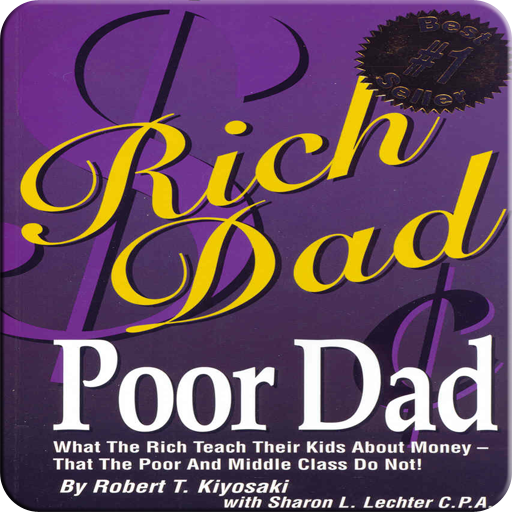As I said, I wish I could say it was easy. It wasn't.
談到這一點時,我希望能說這是很容易辦到的,但事實并非如此。
But it wasn't that hard either. But without a strong reason or purpose, anything in life is hard.
可也不是很難做到。沒有強有力的理由和目標,任何事都會變得非常困難。
Step 2. I choose daily: the power of choice.
2.每天作出自己的選擇——選擇的力量。
That is the main reason people want to live in a free country.
這是人們希望生活在一個自由國度的主要原因。
We want the power to choose.
我們需要有選擇的權力。

Financially, with every dollar we get in our hands, we hold the power to choose our future to be rich, poor, or middle class.
從理財的角度來說,我們每掙到一美元,就得到了一次選擇自己是成為富人、窮人還是中產階級的機會。
Our spending habits reflect who we are.
我們花錢的習慣反映了我們是什么樣的人。
Poor people simply have poor spending habits.
窮人之所以貧窮是因為他們有著不良的消費習慣。
Most people choose not to be rich.
大部分人不會選擇成為富人。
For 90 percent of the population, being rich is too much of a hassle.
對于90%的人來說,做富人有“太多煩擾”。
So they invent sayings that go: "I'm not interested in money."
所以他們就說“我對金錢不感興趣”。
Or "I'll never be rich." Or "I don't have to worry. I'm still young."
或是“我不想成為富人”,抑或“我并不擔心,我還年輕”。
Or "When I make some money, then I'll think about my future."
“等我開始掙錢時,再考慮將來”。
Or "My husband/wife handles the finances."
或者“我愛人掌握財權”,等等。
The problem with those statements is they rob the person who chooses to think such thoughts of two things:
這些說法存在著一個共同的問題,就是它們阻礙人們去思考這樣兩件事情:
One is time, which is your most precious asset. And two is learning.
第一是時間,這是你最珍貴的資產;第二是學習。
Just because you have no money, it should not be an excuse to not learn.
正因為你沒有錢,就更要去學習。
But that is a choice we all make daily: the choice of what we do with our time, our money, and what we put in our heads.
事實上我們每天都應該作出一個選擇,這個選擇是我們利用自己的時間、金錢和頭腦里學到的東西作出的。
That is the power of choice. All of us have choice.
這就是選擇的力量。我們都有機會。
I just choose to be rich, and I make that choice every day.
我選擇成為富人,每天都在為此而努力。











